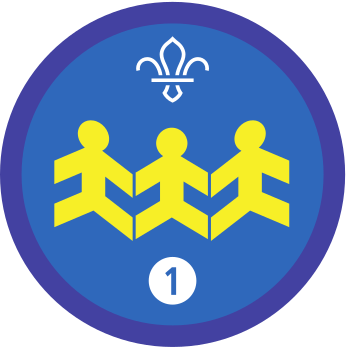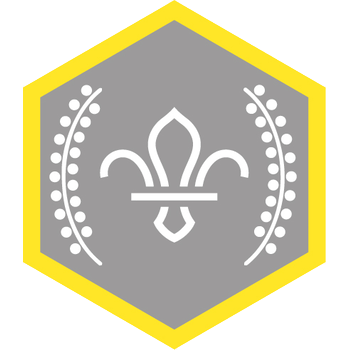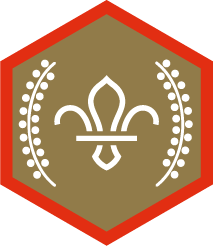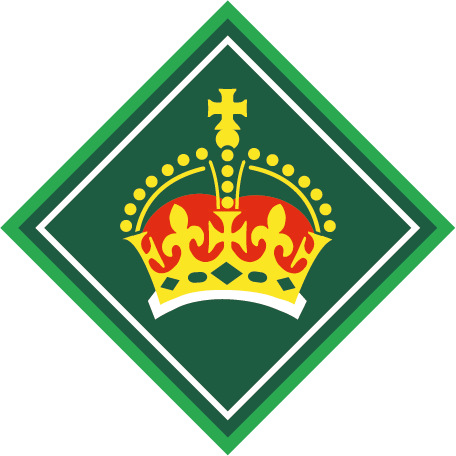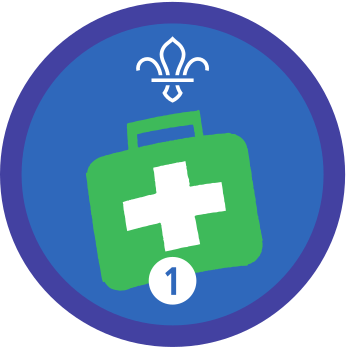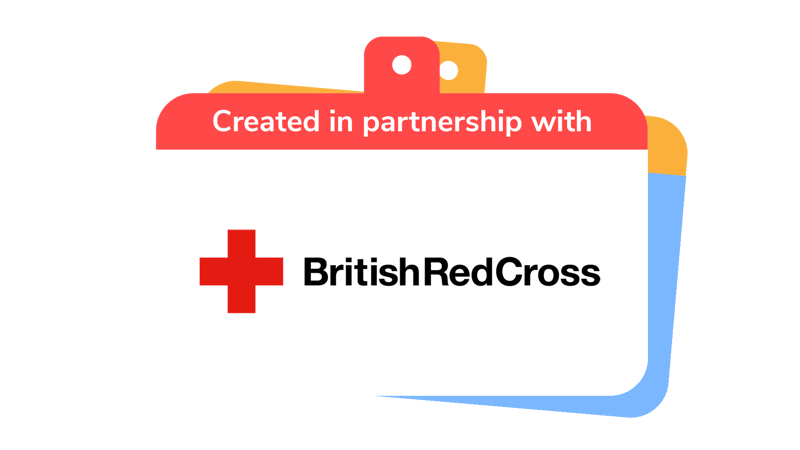
Emergency scenario bingo
You’ll need
- Scissors
- A4 paper
- Pens or pencils
- Copies of the emergency bingo sheet, one sheet for every two people
- Copies of the emergency guess who sheet, one per group
Before you begin
- Use the safety checklist to help you plan and risk assess your activity. Additional help to carry out your risk assessment, including examples can be found here. Don’t forget to make sure all young people and adults involved in the activity know how to take part safely.
- Make sure you’ll have enough helpers for each team to have one. You may need some parents and carers to help out if you’re short on helpers.
Setting up this activity
- Cut out the Emergency bingo cards from the Emergency bingo sheet. There should be one card per person.
- Cut out the Emergency guess who cards from the Emergency guess who sheet. There should be one set of cards per group.
Talking about emergencies
- Gather everyone together.
- Ask if anyone knows who helps us in an emergency. People may say services, such as the police, ambulance or firefighters. They may also say charities, such as British Red Cross or the RNLI.
- Explain that everyone is going to play a game of bingo based on emergencies that we might experience.
Play emergency bingo
- Everyone should get into pairs.
- If there’s an odd number of people, one team can form a group of three.
- Hand out the Emergency bingo cards and pens or pencils.
- Each person should now have one card and a partner.
- In their pairs, everyone should cross off the squares on the bingo cards that apply to them. For example, if a police officer came around after a burglary at their house, they can cross off ‘I’ve been helped by a member of the emergency services’.
- You could see how many people have ticked off.
Swap cards
- When each person in each pair has crossed off all of the squares that apply to them, they should swap cards with their partner. They should then cross off all the unfilled squares that apply to them on the new card, as they did with their own card.
- If anyone has crossed off all of the squares on the card they’re holding, they should shout ‘Bingo!’
- If no-one gets a bingo the first time around, everyone should swap a partner with the nearest group and fill out a new bingo card. Continue in this way until someone gets a bingo.
Talking about emergencies
- In their pairs, everyone should discuss the reason for their experience with the emergency services, if they’re comfortable and happy doing so. People may prefer not to talk about their experiences and that's OK.
- You may prefer to leave out this section of the activity, depending on your group's experiences. Alternatively, you may want to practice the fire drill or show everyone where the first aid kit it.
Who helps us in emergencies
- Everyone should now get into larger groups. Ideally, there should now be no more than three groups in the activity.
- Give out one set of the Emergency guess who cards to each group.
- One person in each group should pick a card at random. That person should mime an action, make noises or say clues about who or what is on the card, without showing it to the group or saying any of the words written on the card.
- The group must try to guess what’s on the card.
- When they guess correctly, another person in the group must pick a card and repeat the process.
- The groups should try and do this at the same time, so that they can race one another.
- The first group to guess all seven cards wins.
- If the person holding the card says what’s in the picture, or says one of the words written on the card, that card must be returned to the pile and the pile must be shuffled. When a group guesses a card correctly, the person holding the card should hold onto it.
- When everyone's finished playing the game, gather everyone together and chat through each card.
- Everyone should discuss the people on the cards. Encourage people to talk about how you might contact one of these people in an emergency, or what might happen if these people weren’t available.
- Explain that very often, the first person to arrive on the scene of an emergency may not be a member of the emergency services. They could be the person who dials 999, someone who knows first aid or someone who comforts or helps a person in distress.
- Each group should think of an emergency situation, such as a fire.
- Give each group a pen and some paper. The groups should write down what they could do before, during and after that emergency to help.
- For example, for a fire:
- Before - to be prepared you may practice fire drills, put up fire exit signs and regularly test smoke detectors
- During - you may raise the alarm, then leave the building safely if you can, making sure to keep low to the ground
- After - if you’ve left the building, you may call 999, move to safe space and be examined by a doctor after

This activity helps contribute towards some of the UN's Sustainable Development Goals. Find out more about the SDGs, and how Scouts across the world are getting involved.
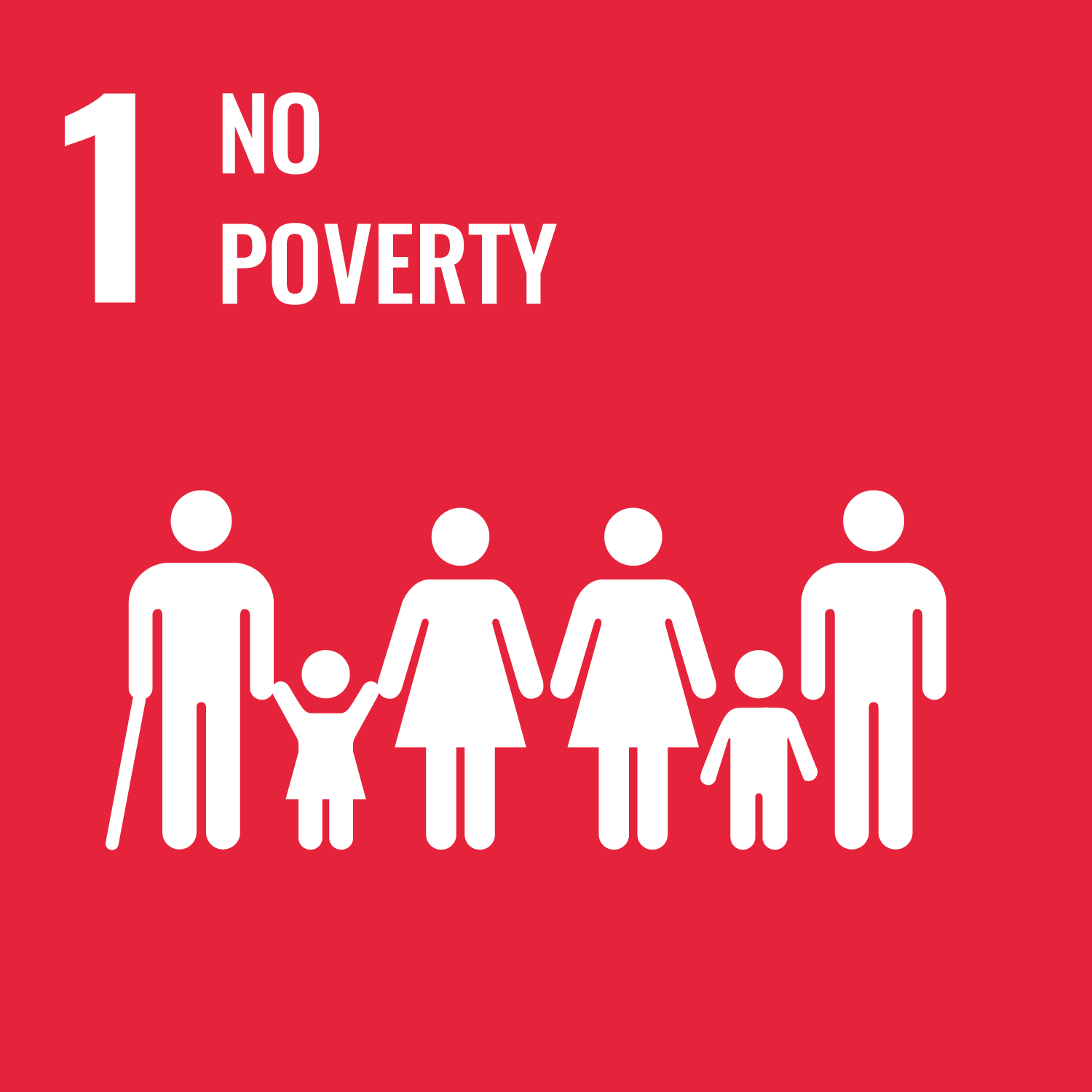
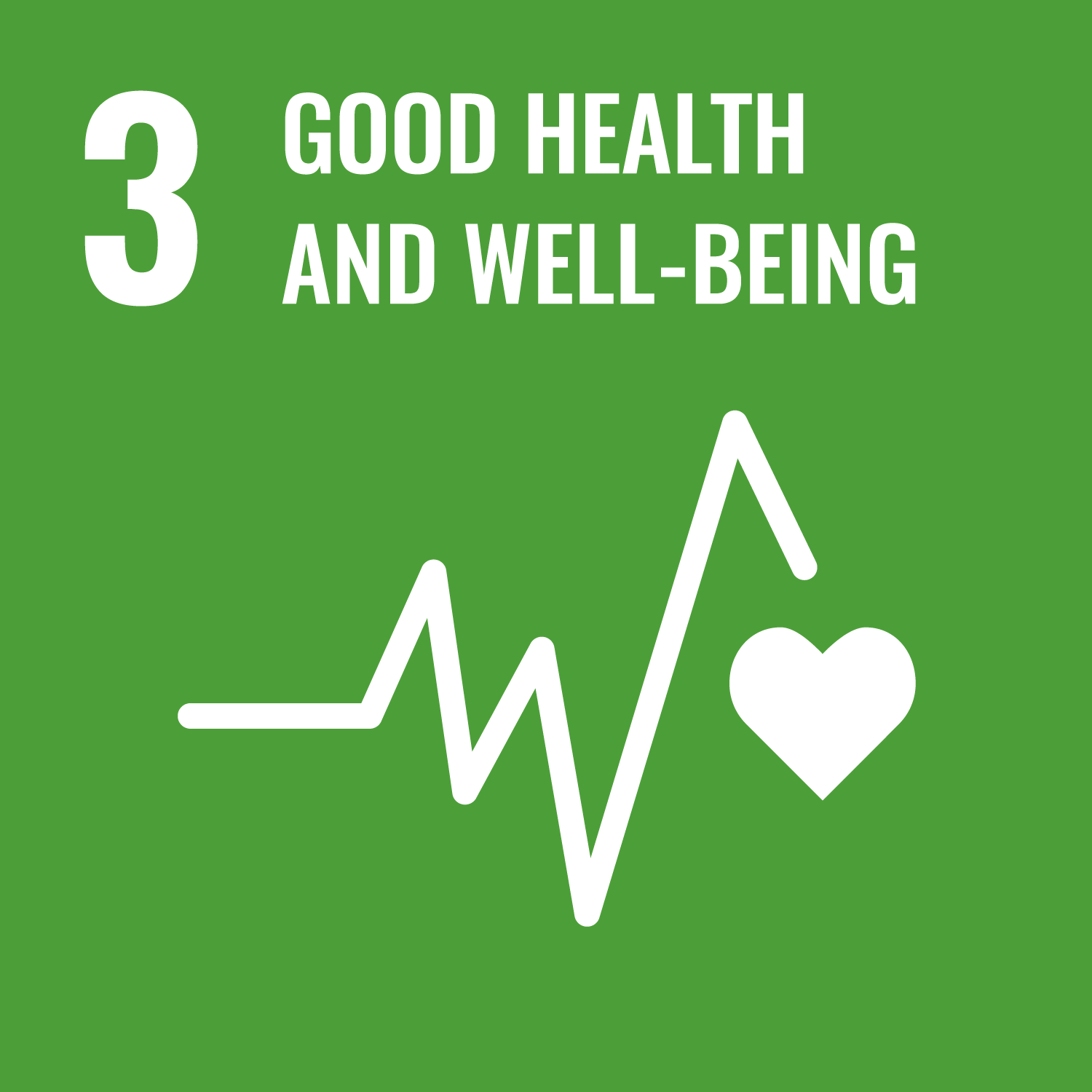
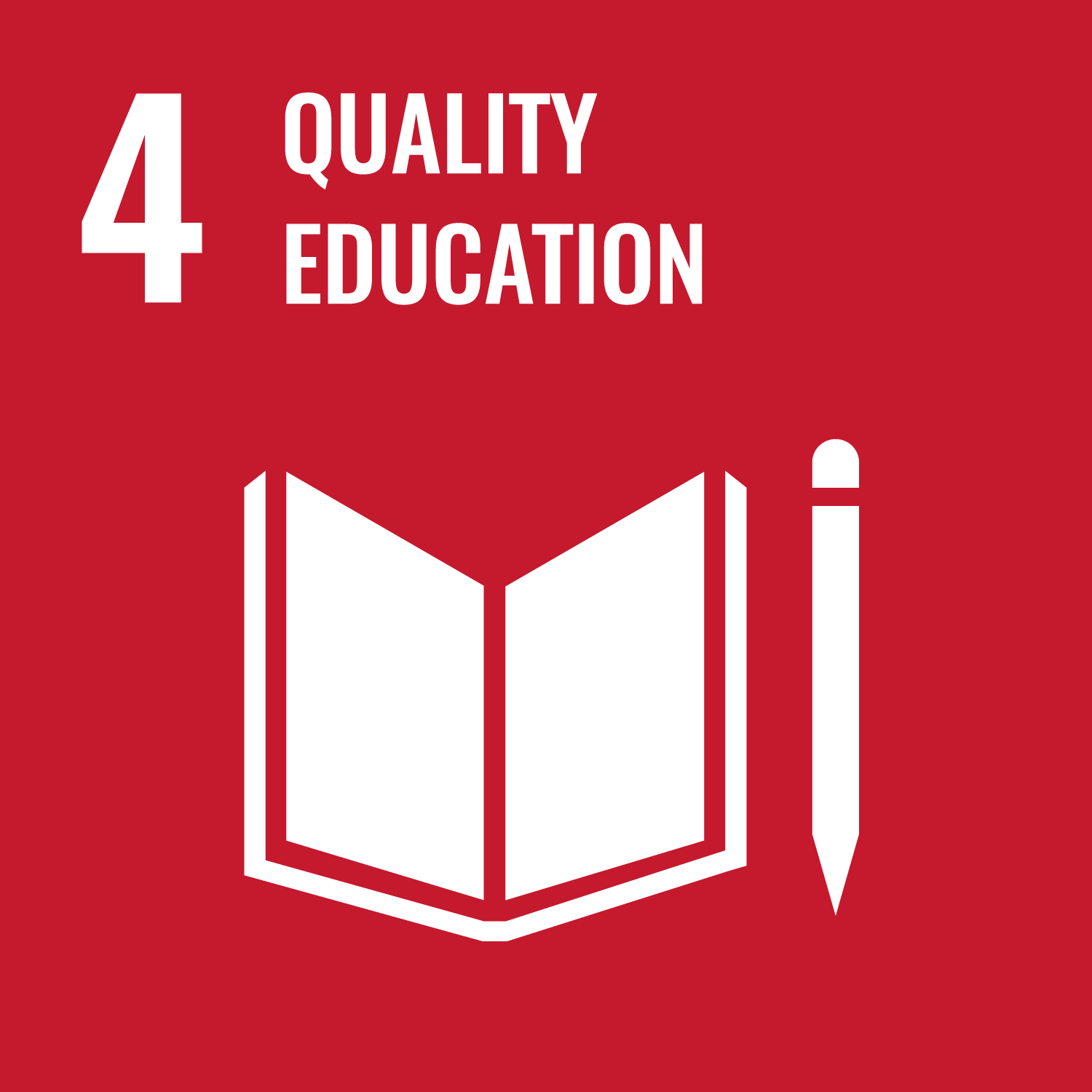
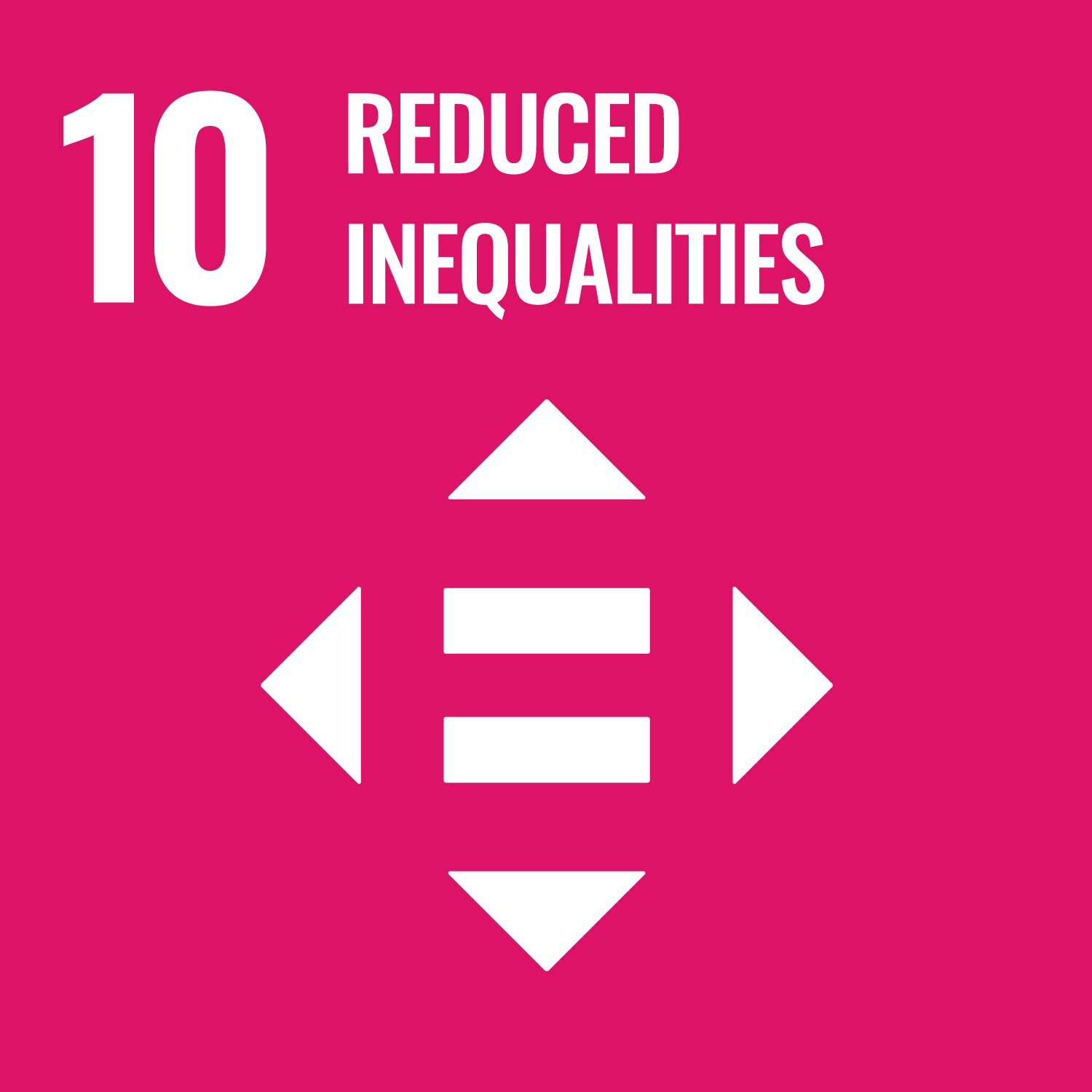
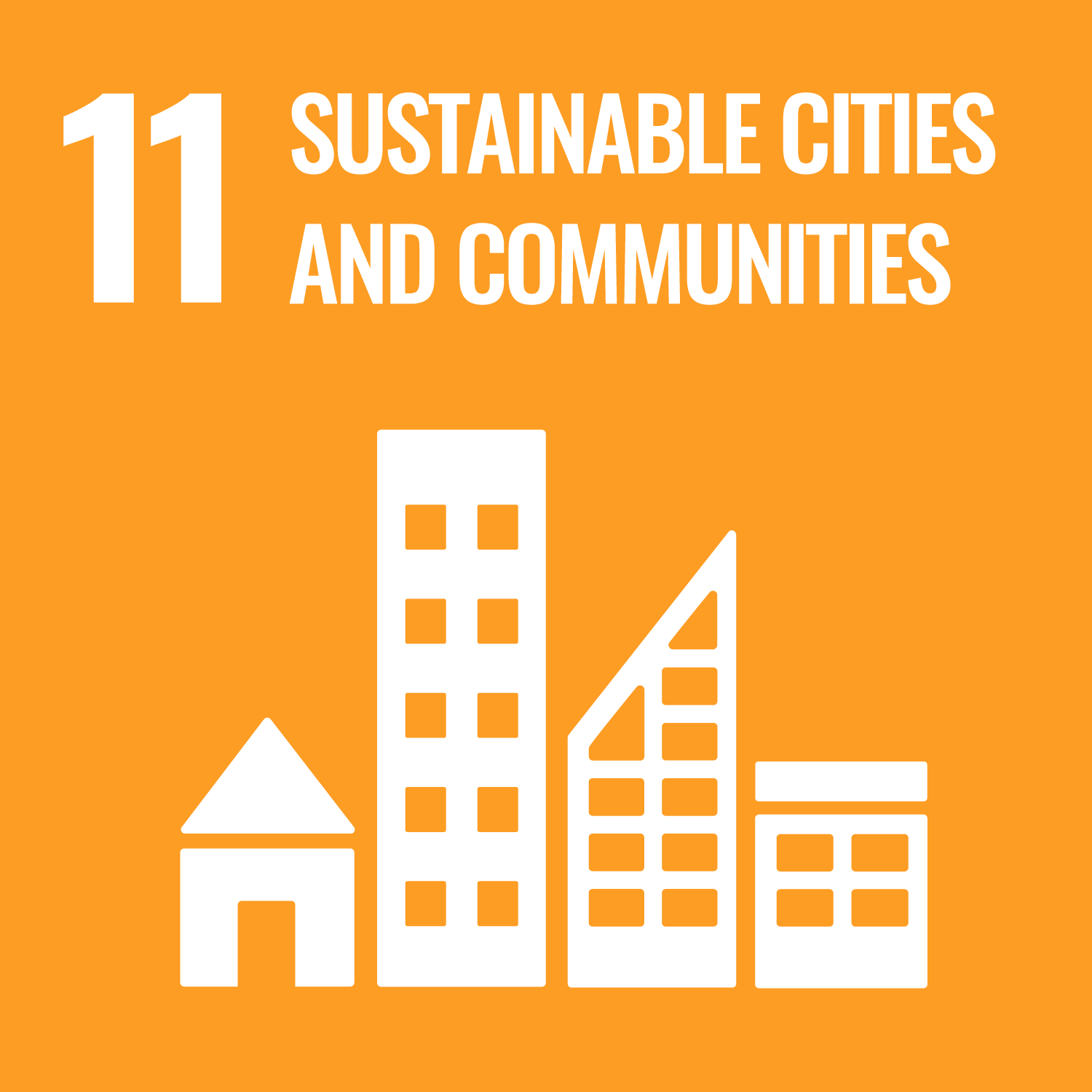
Reflection
The group has played some games to help them think about emergencies and emergency services. Why is it important to know the telephone number (999) to dial in an emergency? When should you call? Did you know that there’s also non-emergency numbers that you can call? These are 111 for medical assistance that isn’t urgent and 101 for police assistance that isn't urgent. Why might they need this different number and how might this help the emergency services serve the community?
When they played bingo, some members of the group might have talked about times when they interacted with the emergency services or were involved in an emergency. Was it tough to know how to react in such a scenario? Who kept cool and got help? Who did something that helped someone else until the emergency services arrived? What’ll you do if something like this happens again?
Safety
All activities must be safely managed. You must complete a thorough risk assessment and take appropriate steps to reduce risk. Use the safety checklist to help you plan and risk assess your activity. Always get approval for the activity, and have suitable supervision and an InTouch process.
In bingo, everyone could start on their own to extend the game. In Guess Who, players could try to draw what’s on their card instead of acting it out, if this is easier or more fun.
Make it accessible
All Scout activities should be inclusive and accessible.
Everyone should think about a specific emergency that might affect your local community (eg if you live near a river, this might be a flood or subsidence). Think about how you would prepare before, act during, and react after the event. What can you do to help, safely, before the emergency services arrive to take charge?
Discover more at https://www.redcross.org.uk/
